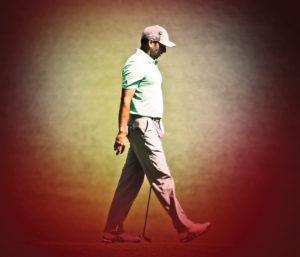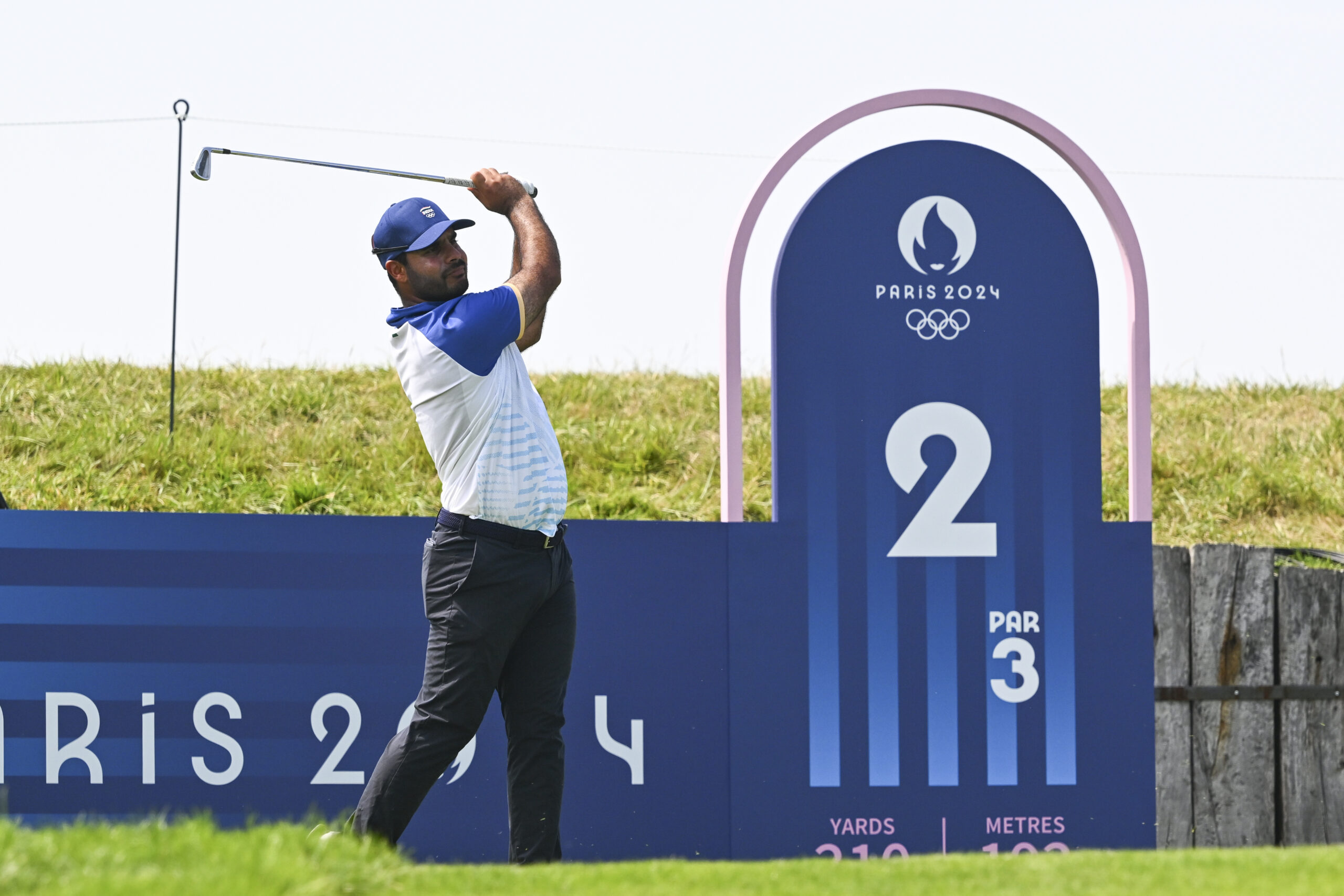The world’s best Tour pros know what makes them stand head and shoulders above the rest – and they ruthlessly exploit it.

No sport exemplifies ‘ironic bias’ more than golf. In layman’s terms, that means we focus on exactly what we don’t want to happen when preparing to hit a shot. Remember when Sergio Garcia sent five balls spinning into the water at last year’s Masters on the way to taking 13 at the 15th hole? Ironically, the more he would have been thinking, ‘Stay away from the water’ the more likely he was to finish there. Unfortunately, our brains are incapable of differentiating between the commands “do” and “don’t” – which means, of course, that when we tell ourselves not to do something, our brain fixates on doing exactly that. In other words, when we make a deliberate attempt to suppress a thought – especially an unhelpful one – it has a higher chance of happening. Recent research has found that this is particularly likely to happen when we are anxious or feel like we are under a high mental load – a state Sergio would almost certainly have been in during the opening round at Augusta last year.
So instead of trying to squash those ‘don’t’ thoughts, a far more effective tactic is to tell yourself exactly ‘what’ to do. And the way to do this with confidence is to focus on one of your strengths. This will be something you absolutely know you can do, even when under lots of personal pressure or expectant eyes. To get this pro activity going, you first need to audit your strengths. Just like a shop owner would regularly run a stock take to know what has been a popular seller, you must stock take your strengths so you can remind yourself that they exist and purposefully use them more. It helps you focus on what makes you good. Then you need to focus on what makes you great. This is where the magic is made – our super strength. It’s not just what you do well, but the one thing you do brilliantly. What sits in your repertoire that stands out and makes you great player?
The renowned performance psychologist Dr Katie Ludlam studied super strengths for her PhD. She uses the technique with elite athletes and potential Olympians. She says that when you focus on your strengths, you experience positive changes in confidence, engagement, needs satisfaction, coping and performance. “Regardless of which sport people partake in, they need to know what makes them great,” says Ludlam. “Becoming more aware of this and using it as part of their strategy for performance helps athletes with both their psychology and performance. The process of identifying what you have in your locker and can use to your advantage is applicable at any level of sport. But to do this we must first open our eyes to what we do have, rather than focusing on what we do not.”
So rummage around in your memory. Think about all those times when you scrambled a great par, holed a long pressure putt or split the fairway on 18 when you had a good score on the line. Think of all the complimentary things your golf partners would say about your game. If you’re still struggling, day dream about what your Wikipedia page would say about you if you ever made it as a Tour pro. What is the one thing they would say about you. That is your super strength. Now nurture it by focusing on it when you need to get out of a tricky situation on the course.
Dr Josephine Perry is a
sports psychologist at














